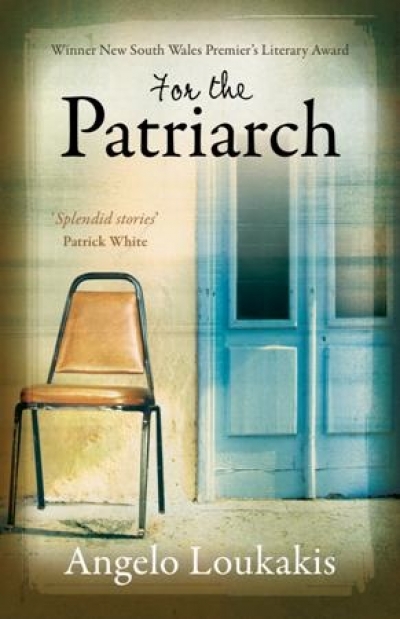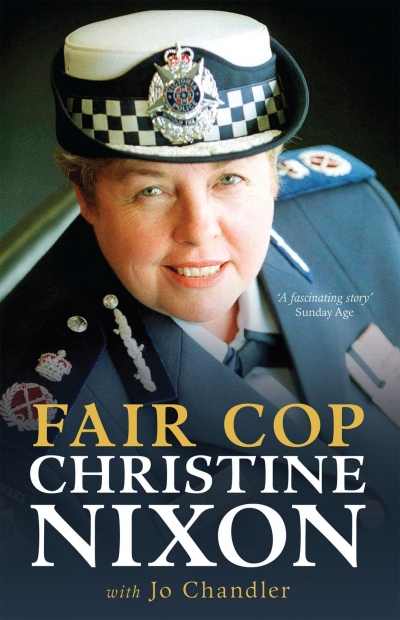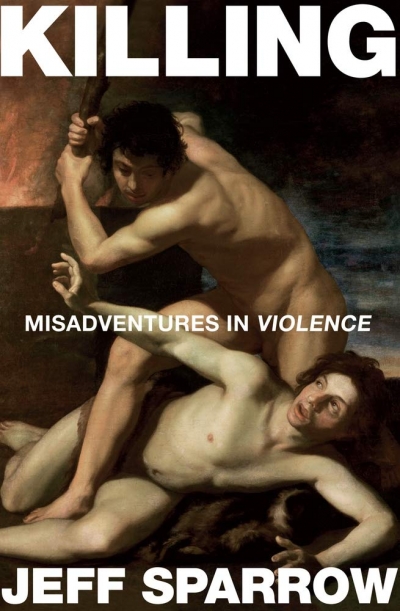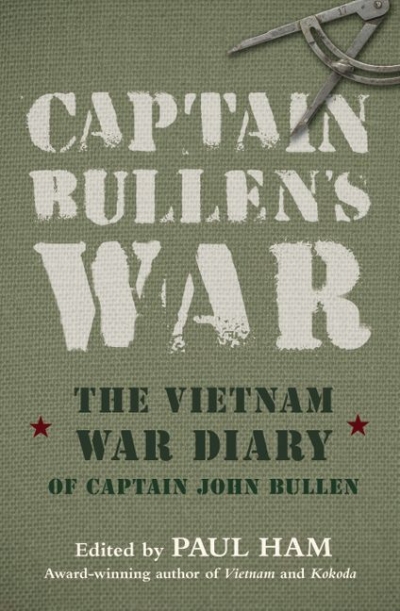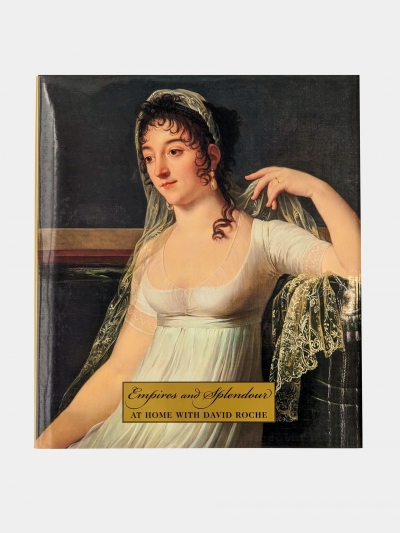Elisabeth Holdsworth
All Day Long the Noise of Battle: An Australian Attack in Vietnam by Gerard Windsor
by Elisabeth Holdsworth •
Killing: Misadventures in violence by Jeff Sparrow
by Elisabeth Holdsworth •
Captain Bullen’s War: The Vietnam War diary of Captain John Bullen edited by Paul Ham
by Elisabeth Holdsworth •
Empires & Splendour: The David Roche collection by Christopher Menz and Robert Reason
by Elisabeth Holdsworth •
‘Welcome to the Netherlands!’ the sign says in Dutch and English. The Schipol customs official inspects my Australian passport. ‘Nederlands geboren,’ he sniffs. ‘Zo je komt terug.’ So you’ve come back, he adds, in a tone suggesting that I might have left something behind minutes ago, rather ...

